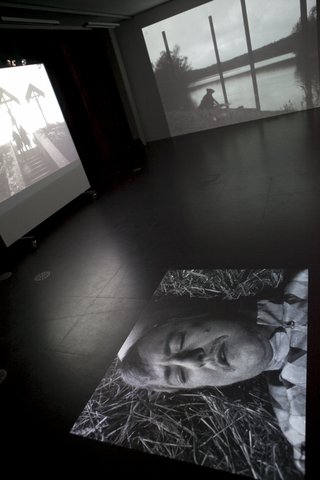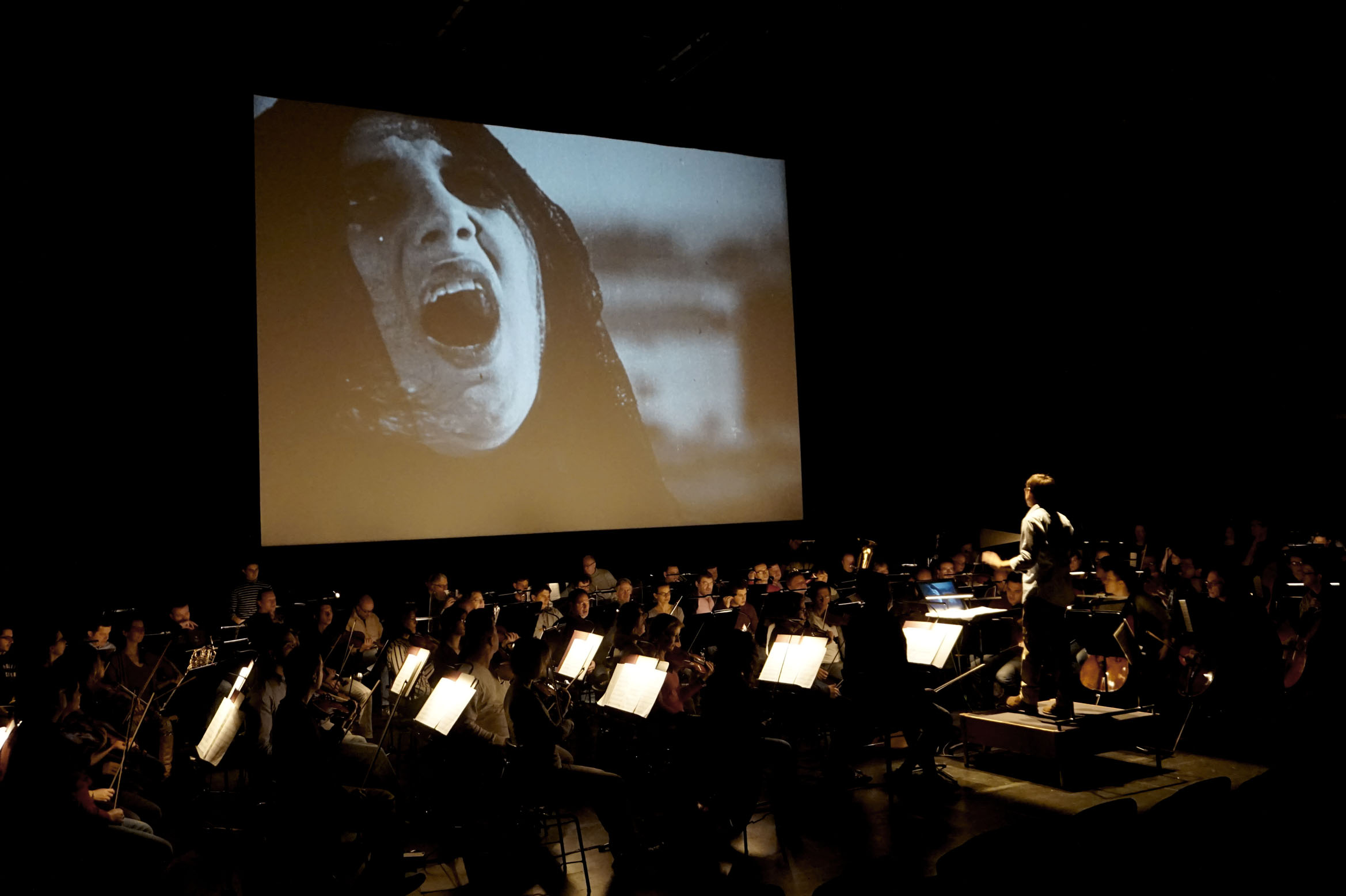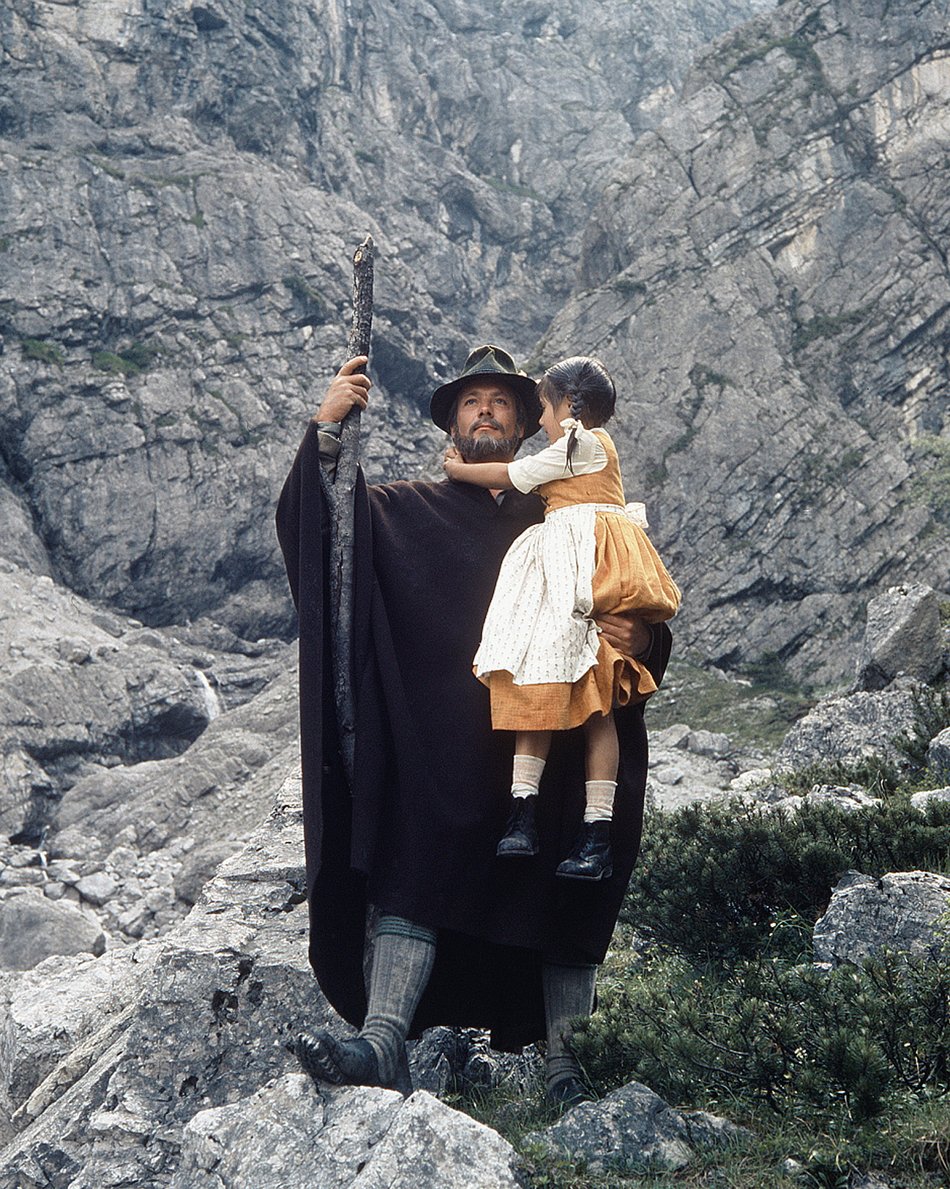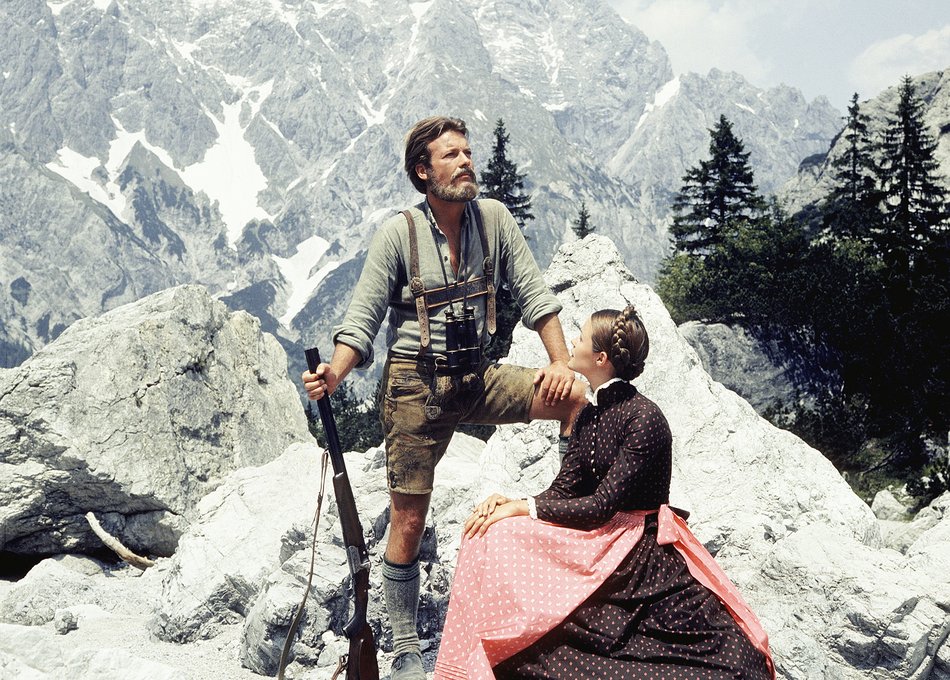"Witnessing Sounds, Listening to Africa: The Forensics of Colonial Film and Its Archives".
"Archiving the Sounds of German Cultures: A Century of Collection, Curation, and Creative Practice", The 27th Biennial St Louis Symposium, Department of Comparative Literature and Thought, Washington University in St. Louis.




